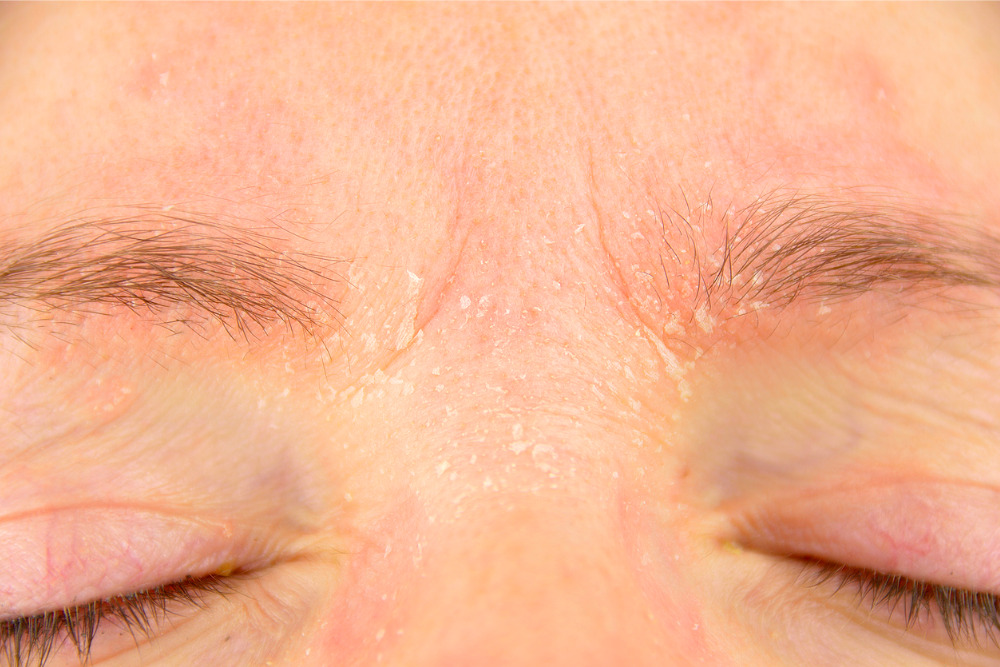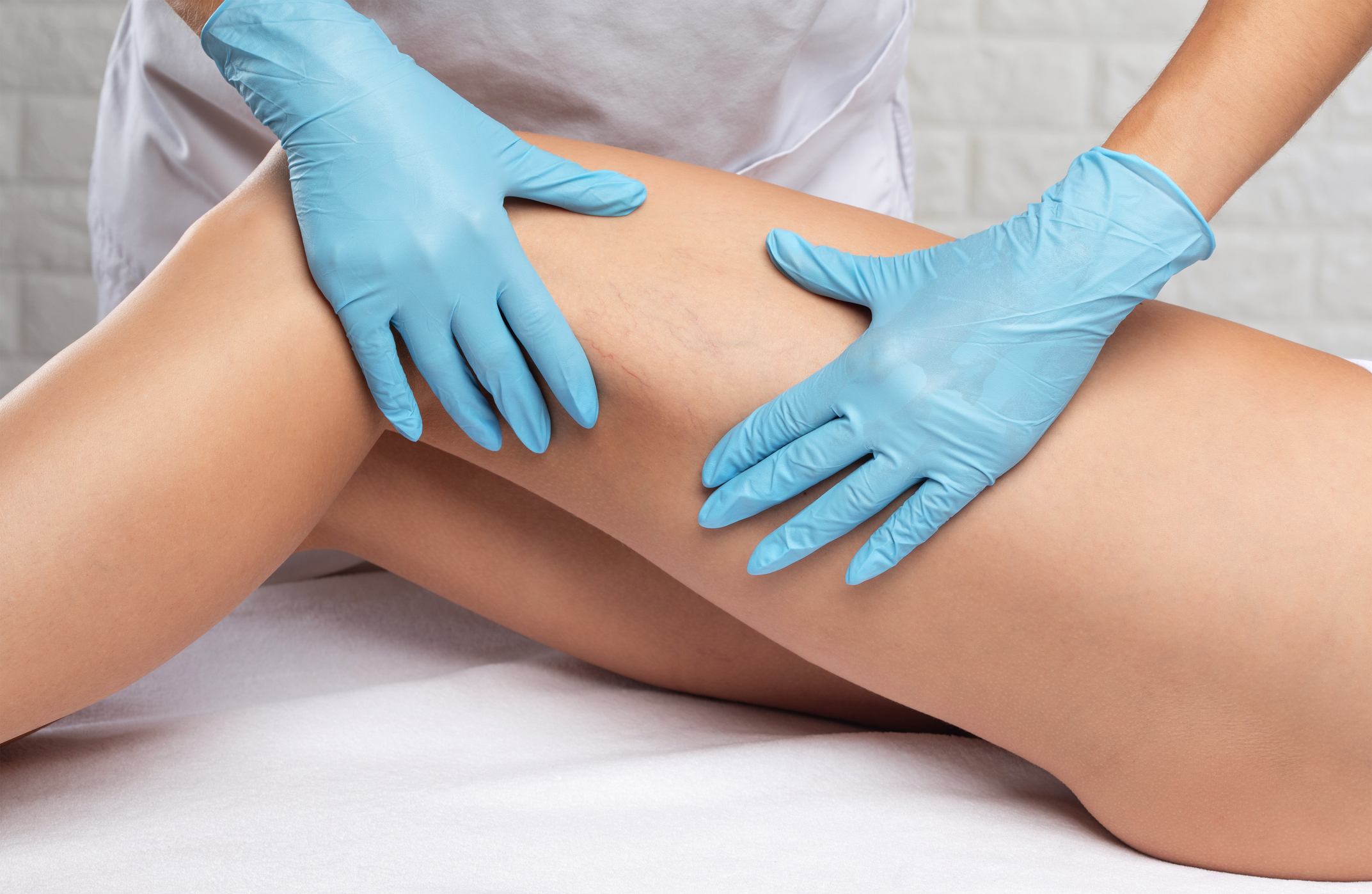Uncover the key to healthy skin with Vargas Face & Skin. We will explain how…

How Winter Damages Your Skin and What You Can Do About It
Most people think that acne is worse during the warmer seasons, but this is actually a skin myth.
According to Jeffrey Zwerner, MD, Senior Medical Advisor of Dermatology at Teladoc, acne, and breakouts are more challenging to treat. Your skin may become drier and flaky due to the drastic cold temperature.
Thankfully, damaged skin doesn’t have to be the case until the cold season is over. You can combat this winter woe, including facial peels, humidifiers, and moisturizers.
The Cause and Science Behind Dry Skin During Winter
When it comes to acne and breakouts, the main culprit is sebum. It’s an oily substance that our skin produces when dry. Skin cells can stick together if too much sebum is made, resulting in clogged pores.
During wintertime, skin dries out because:
- The amount of moisture in the air drops drastically
- This is also the time when people typically use indoor heating systems, which emits dry air
As a result, it can be difficult for the skin to regulate proper skin moisture. It may even come with inflammation and poor skin barrier.
What You Can Do About Dry Skin During the Winter
Take Your Vitamins
When the sun is out during the warmer seasons, you get your proper dose of natural vitamin D. However, when winter arrives, your quantity of Vitamin D decreases.
You don’t just get bad skin when you have a vitamin D deficiency. You will most likely experience the following as well:
- Exhaustion, aches, and pains
- Weak bones and muscle pains
- A drop in mood or depression
Make sure your body gets enough vitamin D with supplements. The recommended amount is 4,000 IU per day for adults. Some may need more if they have a bone health disorder or a condition that makes it difficult for their body to absorb vitamin D or calcium.
Get a Facial Peel
Every month your skin sheds dead skin cells to make room for new ones. Unfortunately, the dead cells don’t always completely come off and can lead to flaky skin and clogged pores. You can avoid this by exfoliating.
However, take note that there are risks to exfoliating on your own. Your skin may get damaged, dry out, and irritated if you’re too aggressive.
To safely exfoliate your skin, get a facial peel done by professionals. This procedure is a comfortable, relaxing, and rejuvenating experience that many people look forward to.There are also different types of skin peels, such as:
- Chemical Peels – Uses a chemical solution to remove the damaged outer layer gently. This can be adjusted according to your skin type and needs. It lasts around 10 minutes.
- Photo Facials – Treats your face, neck, and/or chest using light. This takes five or more sessions that are performed every month. It also helps with facial redness, sun damage, and skin aging.
- HydraFacial – Uses an innovative serum delivery system and multi-step cleanses. This will evenly exfoliate your face, removing impurities while replenishing nutrients such as antioxidants, peptides, and hyaluronic acid.
Invest in a Humidifier
Since air outdoors has less moisture during the winter, you can keep your skin hydrated by having a humidifier in the area you frequent.
Ideally, you run the humidifier in your entire house or workspace, with the humidity levels between 30 and 50 perfect. However, you can also just leave it on while you’re sleeping at home or for a couple of hours at the office if you’re worried about the electric bill.
Moisturize, Moisturize, Moisturize
It’s easy to think that once we’ve found our holy grail moisturizer, it’s the only skincare product we’ll need.
However, studies have shown that skin types change with the season since your skin adjusts to the climate and weather. This means your spring, summer, or fall moisturizer may not be the same during the winter.
For people prone to breaking out, products with lipids are highly recommended. At the same time, petroleum and oil-based products are discouraged since they will most likely clog up the pores.
An emollient moisturizer is recommended for those with extremely dry skin since it locks in the moisture, followed by another moisturizer for that extra love and care.
It is also important to note that the best time to moisturize is immediately after showering at night. It will let your skin absorb all the nutrients without getting into contact with germs or pollution.
Limit Hot Showers and Baths
Showers and baths are considered too hot and damaging to your skin if they’re above 120 degrees Fahrenheit. You can also check without a thermometer by performing a hand test on the water first. If your skin turns red, turn down the temperature.
Similar to a sunburn, using hot water frequently can rattle your skin’s delicate balance of moisture. When burned, your skin is stripped of naturally-produced oils, fats, and proteins used to keep itself healthy and glowing. Dry skin increases the risk for infection, too.
To keep your skin safe during the winter, stick to lukewarm showers. If you absolutely can’t resist the temptation of a hot shower, limit it to five minutes, then quickly rinse off with cold or lukewarm water.
When To See a Professional

It can be hard to know when it’s time to seek help. A good indicator is when you have persistent itching, rashes, scaling, dryness, or skin growths that are concerning.
If you are experiencing any of this, go to a skin specialist even when it’s not winter. If any of these symptoms are painful, see a professional immediately.
Take Care of Your Skin with the Help of an Expert
Sometimes our skin can be unpredictable even when we do everything in our power. When this happens, it’s important to remember that it’s not your fault. Skincare can be complex and puzzling.
But it doesn’t have to be. You can approach nationally-recognized experts at Vargas Face and Skin. Dr. Hannah Vargas, MD, F.A.C.S., our specialist, will help you by performing an in-depth analysis of your skin and developing a plan tailored to your aesthetic goal.
Contact us today to schedule a consultation.







